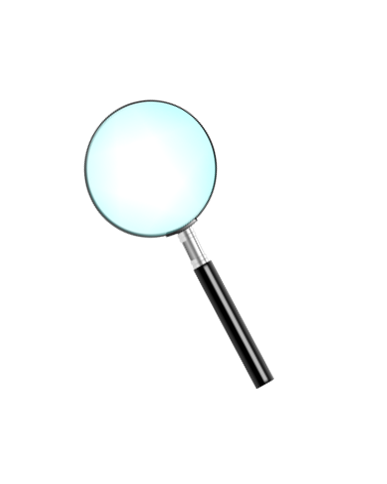Abstract
In a quantitative research study, the concentration and circulation of group of micro-organisms "phytoplankton" have been found through the images of the ocean colour in the Colombian Caribbean Sea. These images have been observed through the Sea Star satellite. The method logical procedure was to collect a number of ocean images at the 1A level of the sensor SeaWifs. This only covered the geographical area of study and the seasons of the year. The selection criterion was to give priority to the absence of clouds in the area. Afterwards, the images were analyzed to create mosaics in convenient periods to visualize the periodical changes of the micro-organisms. Thus, places with higher concentration of phytoplankton in the study site were identified. This led to quantitative analyses of the concentration level of the subject of study. To analyze the images analytic algorithms were used to fit the sensor. The atmospheric correction of the SeaWifs images was made with the SeaDas software to obtain levels two and three of the images. This was done to calculate the primary production of phytoplankton.














